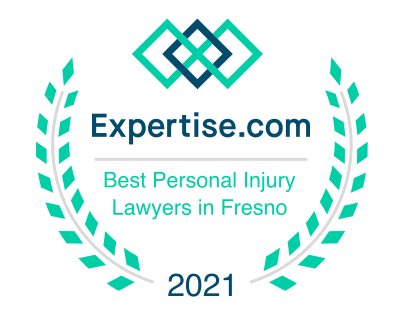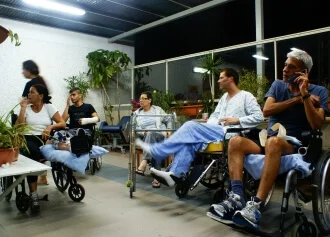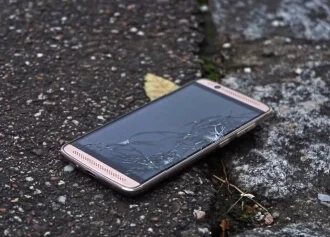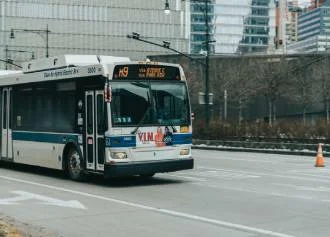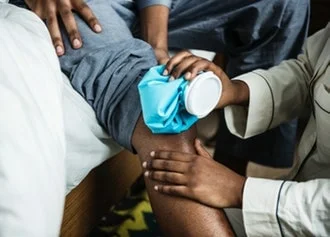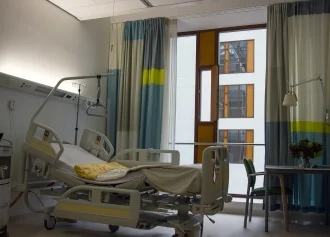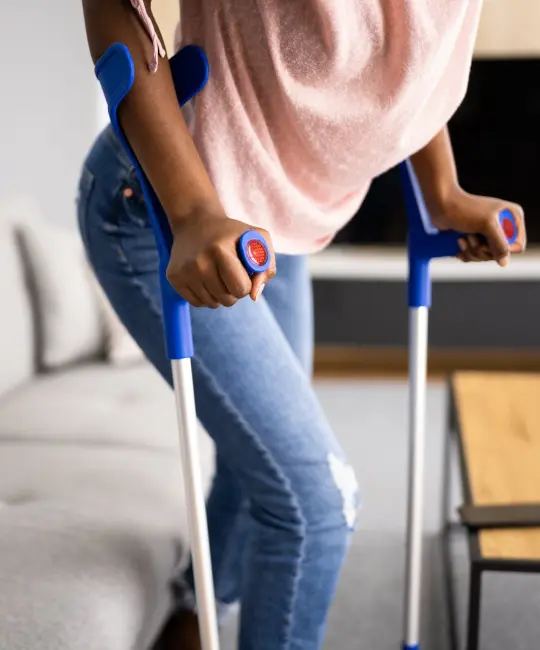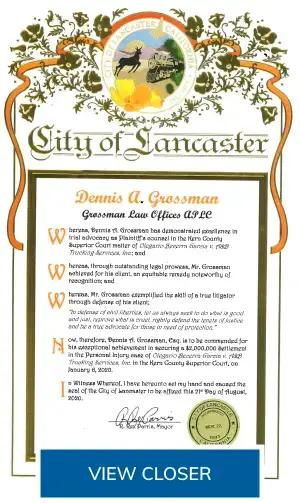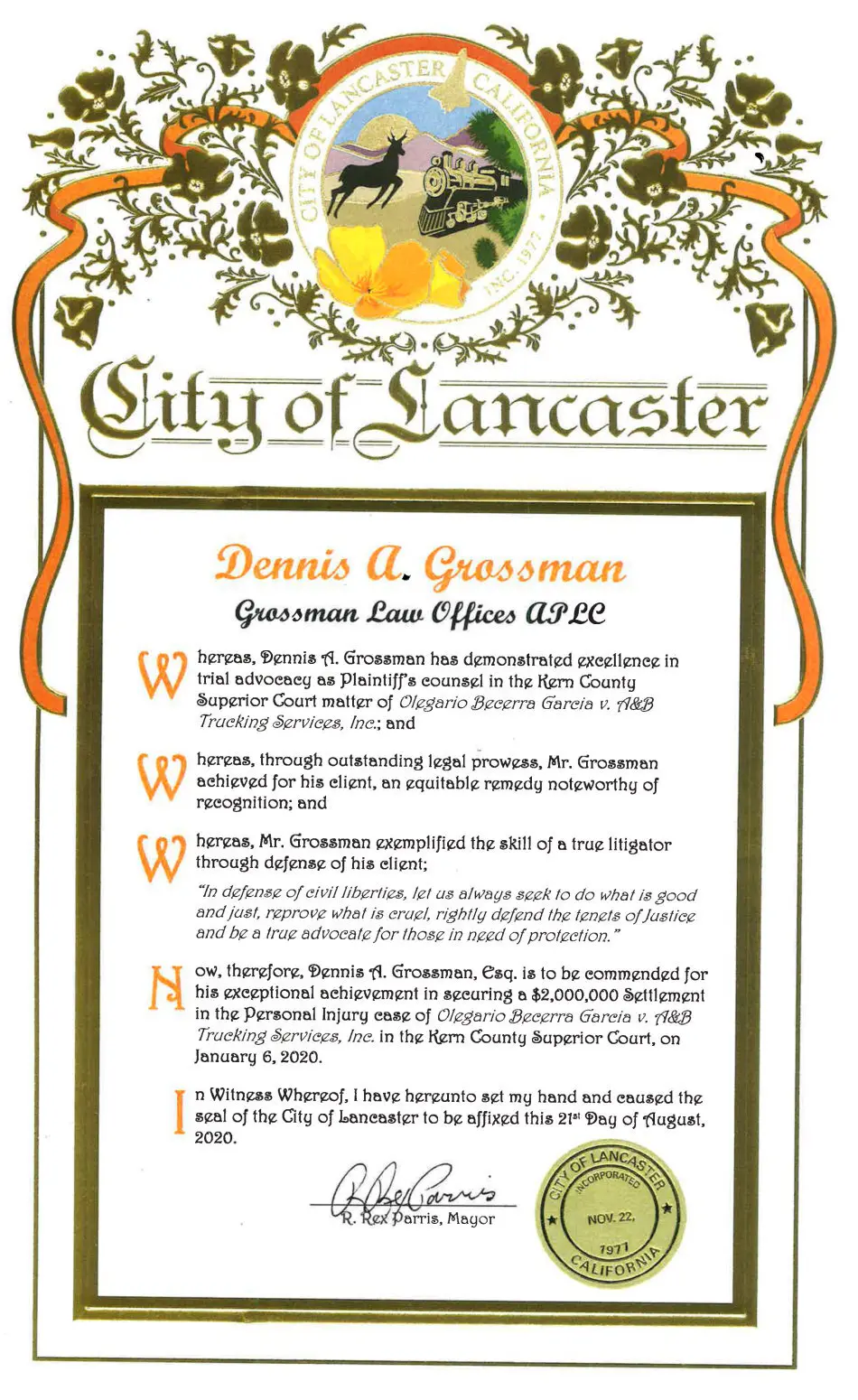Personal Injury Lawyer in Fresno
A Professional Law Corporation
If you have been injured due to someone else’s negligence, it is vital to seek help from one of our Fresno personal injury lawyers. We understand the impacts of an injury, so we do whatever it takes to build a strong personal injury claim.
At the Grossman Law Offices, we provide experienced legal representation to accident victims injured by the negligence of others in Fresno and throughout California. For more than 40 years, our law office has achieved financial compensation for our clients, both by settlement and trial.
In addition, our team of top-rated Fresno personal injury attorneys has the expertise and knowledge to handle any personal injury case. We also handle cases such as:
If you were injured in a car accident, truck accident, slip and fall, or any other negligent incident, you can depend on the Grossman Law Offices to seek the compensation you deserve.












